Emmys voters have long had a reputation of being a bit stodgy and old-fashioned, but that’s been changing with their increasing willingness to nominate shows on streaming services like Netflix. The DreamWorks Animation series Turbo FAST is the most-recent example, as the show — based on the 2013 CG-animated feature Turbo — has been nominated for two Daytime Emmys: Outstanding Animated Children’s Program and Sound Mixing.
DreamWorks is betting big on Netflix, with Turbo FAST only the first of many planned original series for the streaming service under a deal that calls for the studio to produce 300 hours of original content. More series are planned, including King Julien, Puss ‘N Boots and Veggie Tales in the House.

A lot of this is new ground at the same time its familiar territory, says Chris Prynoski, executive producer and showrunner of Turbo FAST.
One of the major challenges for the show’s producers was adapting to the freedom that Netflix offers. Prynoski says the production schedule is comparable to that for a television series, largely because it was decided to stick with a tried and true 11-minute TV-style format.
“It’s a weird thing when you’re presented with freedom because Netflix was like, we don’t care what length you make these things. You could make one five minutes and the other 18 minutes, or whatever, as long as you hit your commitment for the total number of minutes that you have to produce,” says Prynoski. “I thought about it, but as cool as that would be, that sounds like a nightmare for production to figure out, so were just like, let’s just do 11s. We know it. It’s a proven format. We know what an 11-minute board and script look like. We almost had to construct our own constraints because it was so wide open.”
Another unusual aspect was not having to deal with something that’s been a pain for animated shows on TV networks for years: the standards and practices department. “We just have to police ourselves on that stuff, but in a way I think it makes us probably more conservative,” he says.
Both Prynoski and Margie Cohn, head of TV at DreamWorks Animation, say Netflix — a company that releases little in the way of its metrics — is extremely happy with how the show has performed.
“I think it’s kind of the mom-and-pop research, as we like to say, that has been so rewarding,” says Cohn. “We keep hearing from families and people who have kids how much their kids love the show and enjoy the show.”
Bypassing traditional TV distribution models for the Internet has so far helped the show connect with its target audience and beyond.
“We’re hearing more and more that kids really do like the on-demand model,” Cohn says. “There’s something about being able to watch the show you love when you want to watch it that they respond to.”
The technology also helps animation break out of its niches a little bit, Cohn says. For example, DreamWorks Dragons — a show moving to Netflix next year from Cartoon Network — is very strong with its core 6-11 audience, but older teens remain a strong audience since they able to watch at their convenience and without it being on a network that may nominally be for children.
On the creative side, there were issues in adapting the story from the CG-animated feature film Turbo into the 2D animated series TurboFAST, says Prynoski.
“It was pretty challenging because the movie has an inspirational tone, like if you can dream it you can do it, and the title character achieves his dream in the end so then the story of the movie is over,” he says. The initial concept was for the series to be more of an action-comedy, a premise that seemingly out of necessity evolved into less action and a lot more comedy. “It’s just about digging into the characters and their personalities,” says Prynoski, who came on board the project when it was meant to be a one-shot special.
The next set of episodes from the show’s first season is set to go live June 27.
Essential to the production side of it are the series’ directors, co-executive producer Todd Garfield and producer Jennifer Ray. The series is animated at Titmouse, the studio Prynoski founded with his wife, Shannon Prynoski.
He says all the preproduction work is done at the Los Angeles branch, with animation work split between studios located in New York and Vancouver, with some work done overseas in Korea.
The company is using a lot of different techniques on the show, using a pipeline that incorporates a lot of different off-the-shelf applications as well as custom plug-ins and other elements that are dubbed, in their entirety, Prometheus.
“Really, our main tool is talented artists and talented animators who know how to animate,” says Prynoski.
The Daytime Emmy Awards winners will be announced June 22 in a ceremony at the Beverly Hilton Hotel.
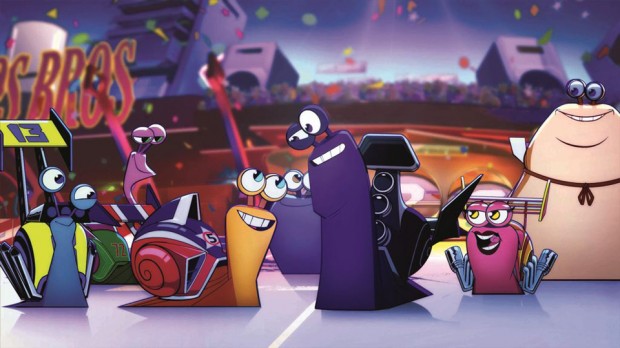
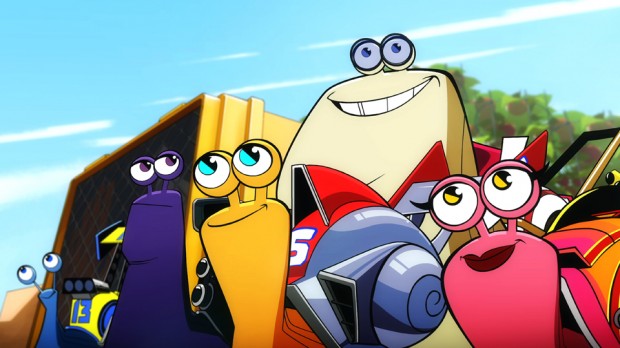
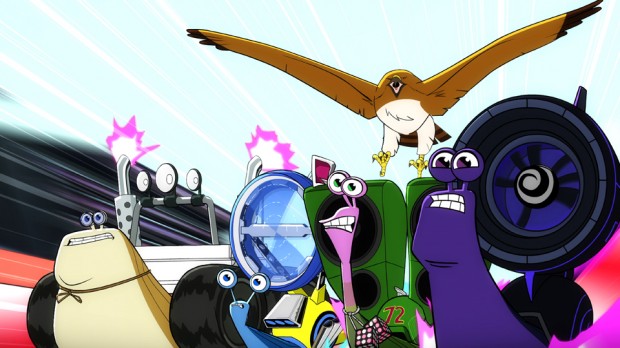
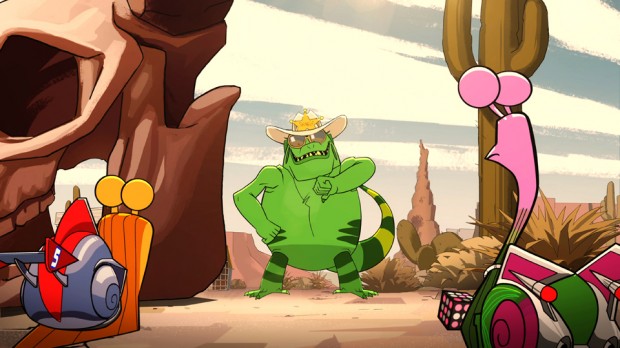
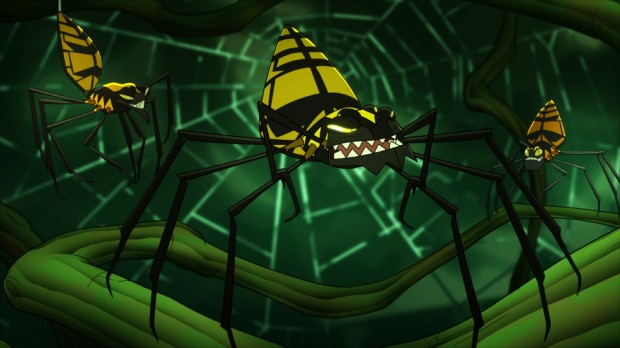




 Win a Funko X Lilo & Stitch Prize Pack!
Win a Funko X Lilo & Stitch Prize Pack! 
